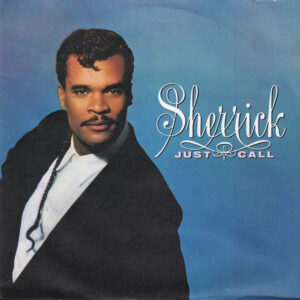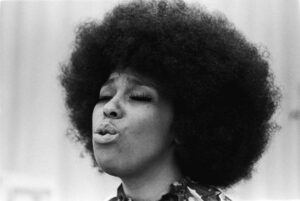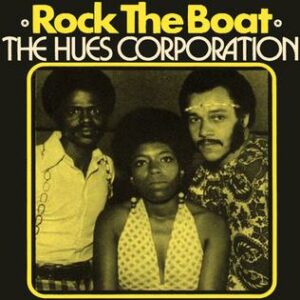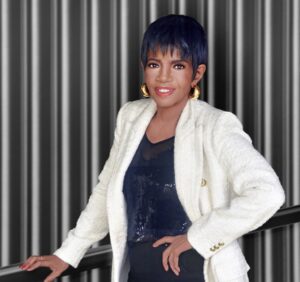The Weeknd – Starboy
The Weeknd’s music makes me so very grateful I am no longer a city boy in his 20s. On his third major label release, Starboy, every aspect of being a 20something, especially the dating and club worlds, is interrogated under a glaring, reflective spotlight: The false bravado masking insecurity, the alarming abuse of drugs and alcohol to feel whole, the search for love through a revolving door of intimacy, the chase for the beautiful over the substantive, and a level of self-absorbed navel-gazing and overflowing emotionality that borders on the neurotic, but is actually just a function of immaturity.
Of course, one can find all of these traits in the Peter Pans among us far beyond their 20s, but it’s not arrested development when it’s just your natural development through the bumpy terrain of one’s twenties. Along with Drake and Miquel, The Weeknd has made a cottage industry of the sensitive hip hop singer who still must let you know that he’s a boss in the streets and everyone’s a hater or biter, while he mixes this drink or pops this pill to believe it himself. In this way, the voyeuristic Starboy exhausts. But, in its consistently catchy melodies and club bumping productions, the album is the perfect soundtrack for a time in our lives some of us nostalgically miss and others are grateful to have simply survived.
Vocally, with the exceptions of “A Lonely Night” and “Attention,” we can say that the Weeknd has mostly abandoned the MJ allusions writ large on cuts like last year’s hit, “Can’t Feel My Face,” a song about being high. The sensitive, if auto-tuned falsetto feels more like the early Weeknd, even as its sensitivity is belied by lyrics that are alternately insightful in their keen observations or misogynistic in their musings. Yet, there is something in The Weeknd’s voice, underneath that electronic coating, that holds an ever-present yearning vulnerability, regardless of the words coming out of his mouth, something that connects with those who both love and hate (or are merely confused by) women, including some women themselves.
Lyrically, dueling personalities are expressed by the Canadian 26 year-old who’s still clearly on a journey of determining which Weeknd he’ll be, the darkness or the light. At times he’s the sweet, lonely, misunderstood soul desperately desiring love, but who too often picks badly (“False Alarm,”“Nothing Without You,” and “All I Know”). Or the user who only loves you for “A Lonely Night” or who is judging you for being an attention seeking “bitch” (“Attention,” “False Alarm,” and “All I Know”). Or, the boss who has a bunch of “ni**as” engaged in all manner of envy and maliciousness against him (“Reminder”). Or the isolated fatalist who believes he’s traded an early death for fame (“Ordinary Life”). Or, he’s the hopeless romantic declaring his undying love and devotion (“Die For You” and “I Feel It Coming”). Fear, confusion, contradiction, and insecurity, both implied and explicitly charged, are major themes of Starboy, and the depressing hallmarks of a certain age.
Despite the project’s mammoth length of 18 songs, the cuts themselves are shorter and more impactful than the Weeknd’s usual, which speaks to the fantastic job the producers did in reining in some of the lad’s ramblings. The songs are also more melodious and rendered in an infectious club style that’s memorable, thanks to original production by vets like Daft Punk. It’s the beats and flow that make the coarse language’s rages, unsure handwringing, and youthful neuroses worth a listen, a repeated one, if only to be grateful for the reminder of all that’s in the rearview mirror of your life. Recommended.
By L. Michael Gipson









